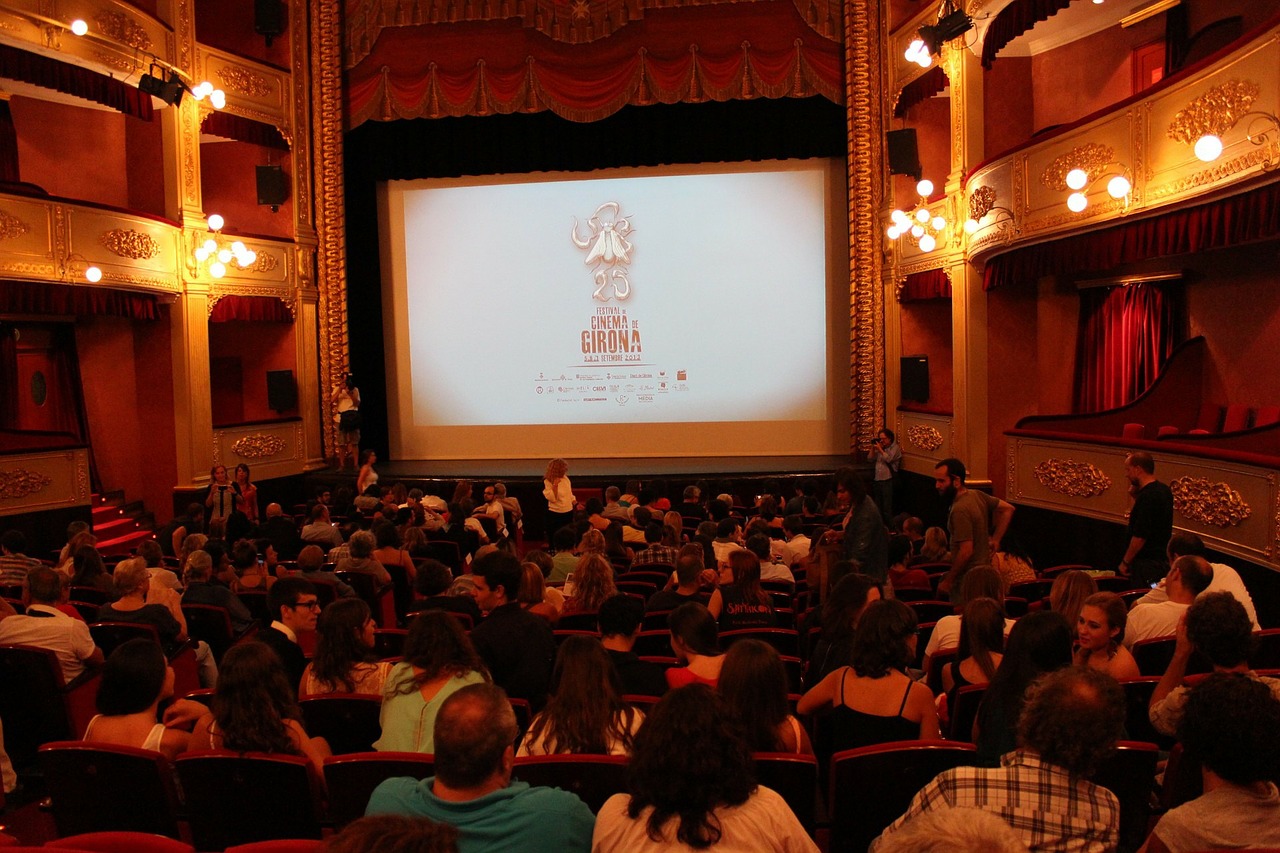Music Licensing for Film Festivals Rules Every Independent Filmmaker Must Know
Independent filmmakers frequently share their films at film festivals as a means of getting their creative works in front of audiences that may have interest in further working with them to distribute their content in other ways. Sometimes referred to as “festival rights”. Filmmakers must be aware of specific music licensing for film festivals rules. As rules for these festivals vary and frequently include a requirement to submit documentation of all such rights which one acquires in advance of the production for consideration in the festival.

Say you’re an independent film producer that is considering a submission to your local film festival. You’re certainly going to want to make sure that you’re prepared to follow all of the important rules and requirements.
In order to legally license the music that you’re interested in incorporating into your film. Copyrighted music must not be used without the proper permissions from the copyright owner.
Which means you’re going to have to establish some key details about any of the music you intend to include in your production. Before you can even consider including it in you film. And certainly before you submit that film to any film festival.
LICENSING TERMS
Before you move forward with the essential task of licensing the desired music for your film, it’s very important for you to understand what all of the different licensing terms mean.
Especially since you might be caught off guard if you opt for “festival rights”. And later decide you want to distribute your film beyond the local film festival. Such as via DVD or other media source.
WHAT LICENSES DO I NEED TO USE MUSIC IN MY FILM FESTIVAL ENTRY?
If you’re going to use a pre-recorded song or pre-recorded music in your film it’s important to obtain two licenses which clear the music for use in your production.
The first license is called a “synchronization license”. And it provides the right for you to synchronize music with your visual images. The second license is called a “master use license”. Providing the right to reproduce the recording of the song in your film.
Essentially, every song has these two rights involved. The person who originally wrote the song holds what are known as “publisher” rights. Which is who will provide the “sync” or “synchronization” rights to the must.
The person who recorded the original music holds the master rights and provides the master use license. In order to use any music in your film you must obtain these rights. Or you must use open source music from Creative Commons or public domain.
CONSIDER THIS
Keep in mind that, when it comes to clearing the publishing rights or “sync” rights to a song? There are frequently multiple songwriters involved. Each songwriter would need to provide you with the right to use the music before it would legally be “cleared” for use.
For example, “California Gurls” by Katy Perry, actually has 5 publishers. Which would mean that you would need permission from all 5 publishers and the recording artist in order to obtain clearance for that one song.
THE DANGER OF OBTAINING “FESTIVAL RIGHTS”
If you’re thinking about saving money by asking the Copyright owners to provide you “Festival Rights” to use the music. It’s very important that you carefully consider the potential repercussions of such a decision.
While it may seem like a good idea and as if it could potentially save you some money, decisions like this could prove costly in the long run. That’s because these rights provide so many limitations when you choose music licensing for film festivals.
Rules, according to Copyright law, state that if you work out festival rights with the music owner then you may only include the music in a film that you will share at a film festival. Nowhere else.
OUTSIDE DISTRIBUTION
Then, what will you do if you later decide that you want to distribute your film elsewhere? Including the music that you licensed. Somewhere other than a film festival. Such as on television or through home video.
While you might have the idea that you can save money upfront by licensing for “festival rights”. Only and, IF your film gets picked up by a distributor you can later acquire additional licenses for public exhibition.
Which would allow for viewing on television or via home video. You could find yourself in a sticky predicament. Particularly, if the music publisher decides that the rights are now worth significantly more than they were “before” you had such interest.
THE CONSEQUENCES
You see, it’s common for a copyright owner to realize that if you were only interested initially in film festival rights. But now have interest in further distribution, that music is more valuable to you than it previously was.
Therefore it should also be more valuable to them too. So they request a much higher rate for a license. Possibly more than you’re willing to pay.
And if you don’t pay? You face copyright infringement if you move forward with your television or home distribution deal. You’re out of luck!
REQUIREMENTS FOR FILM FESTIVAL ENTRY

So, what are the music licensing rules for film festivals rules that you must follow when submitting your film for entry into the festival contest? Many film festivals do not technically require you to have licensing in order when you submit your film for consideration.
But this is not to say that you don’t have to follow the law. Legally, you must obtain permission to use music in your film, regardless of whether you’re submitting it to a film festival or not.
PROPER DOCUMENTATION
While music licensing for film festivals rules may not specify that you will need to include the proper documentation such as licenses for film clearance.
There are several reasons why you should, at bare minimum, seek a “festival license” or “universal” license before submitting to a film festival (we recommend you choose a universal license. Because choosing a festival license could result in higher overall costs if you later seek additional rights).
THOSE REASONS INCLUDE:
- Following Copyright law! This is most important because failure to do so could be very costly!
- It’s morally the right thing to do.
- Some film festivals do require you to sign an affidavit. That states you have performed due diligence in securing all necessary rights. And providing attribution where necessary.
- If a distributor sees your film at the festival screening and decides they have interest, you’ll need to have a clean chain of title before you can move forward with a deal.
- If you finalize your film, without licenses to the music you use, and later have trouble obtaining those licenses, you might have to remove the music and start over – this could be VERY costly.
IN SUMMARY
As you can see, although music licensing for film festivals rules may not specifically state that filmmakers will be required to prove that they have licensed all music included in their film submission.
There are a number of reasons why filmmakers should seek proper licensing before using music in their films whether they intend to submit to a film festival, or not!

